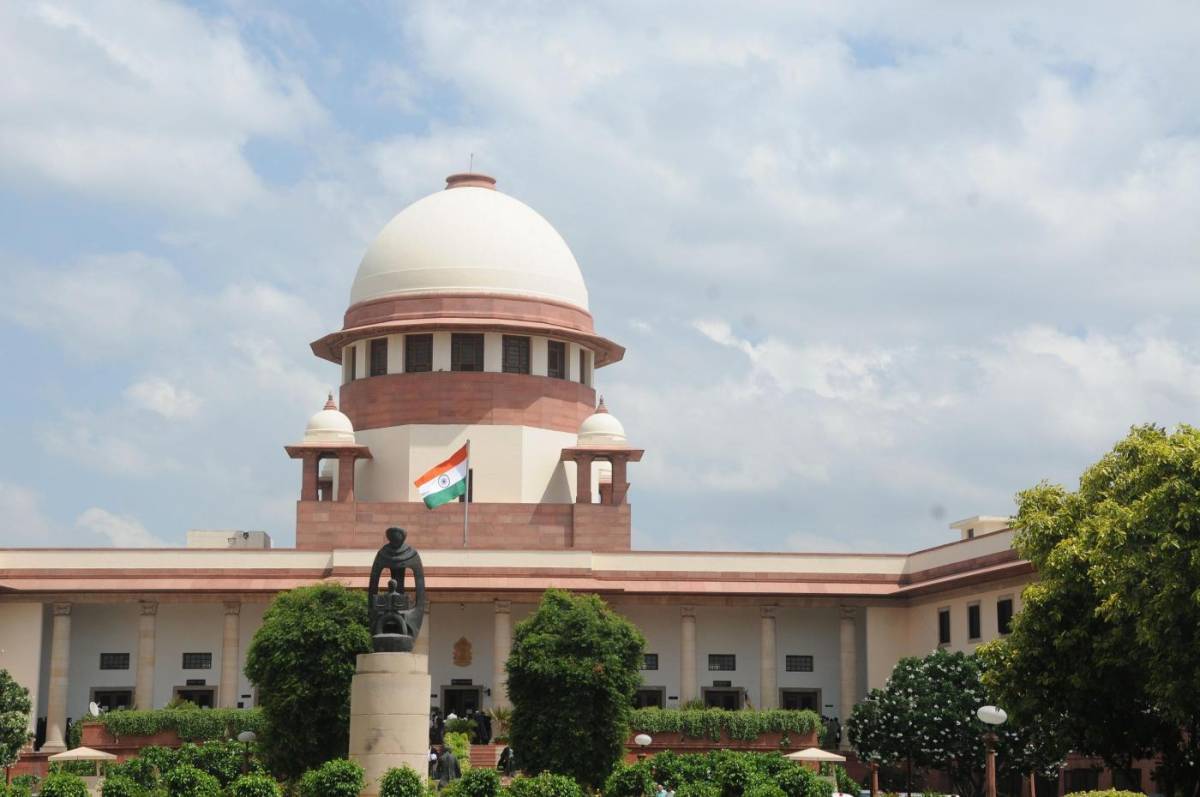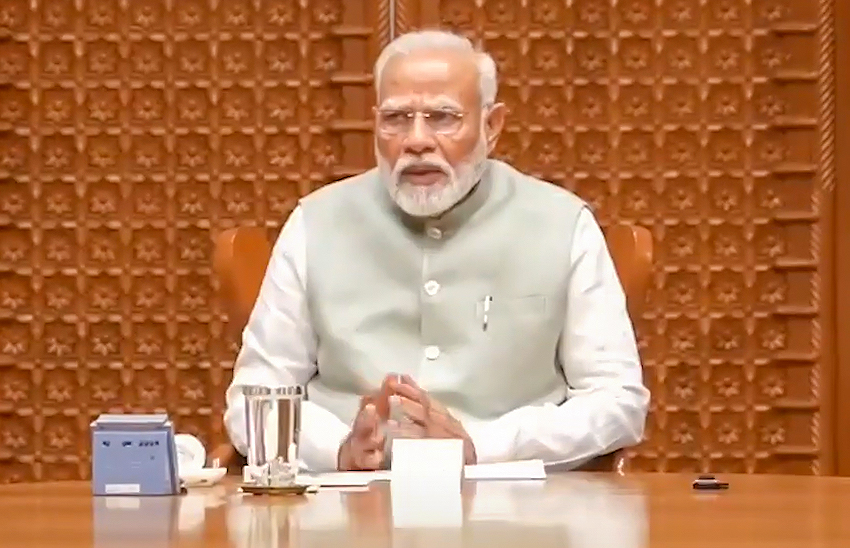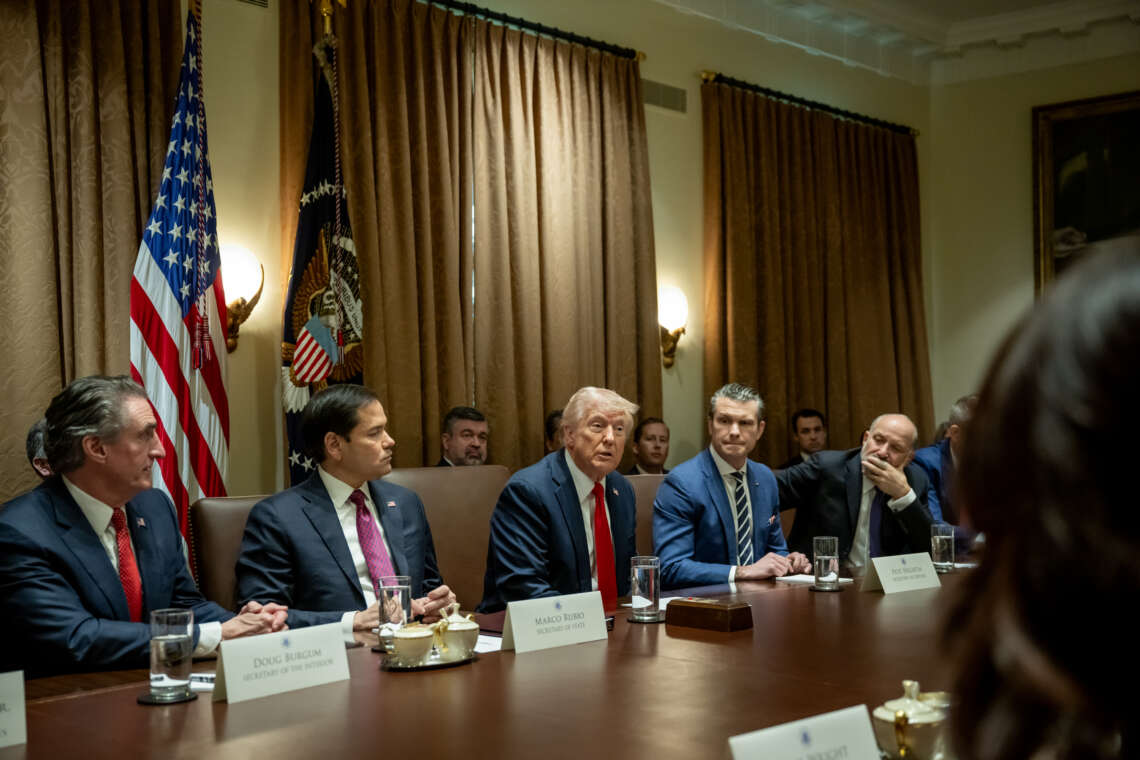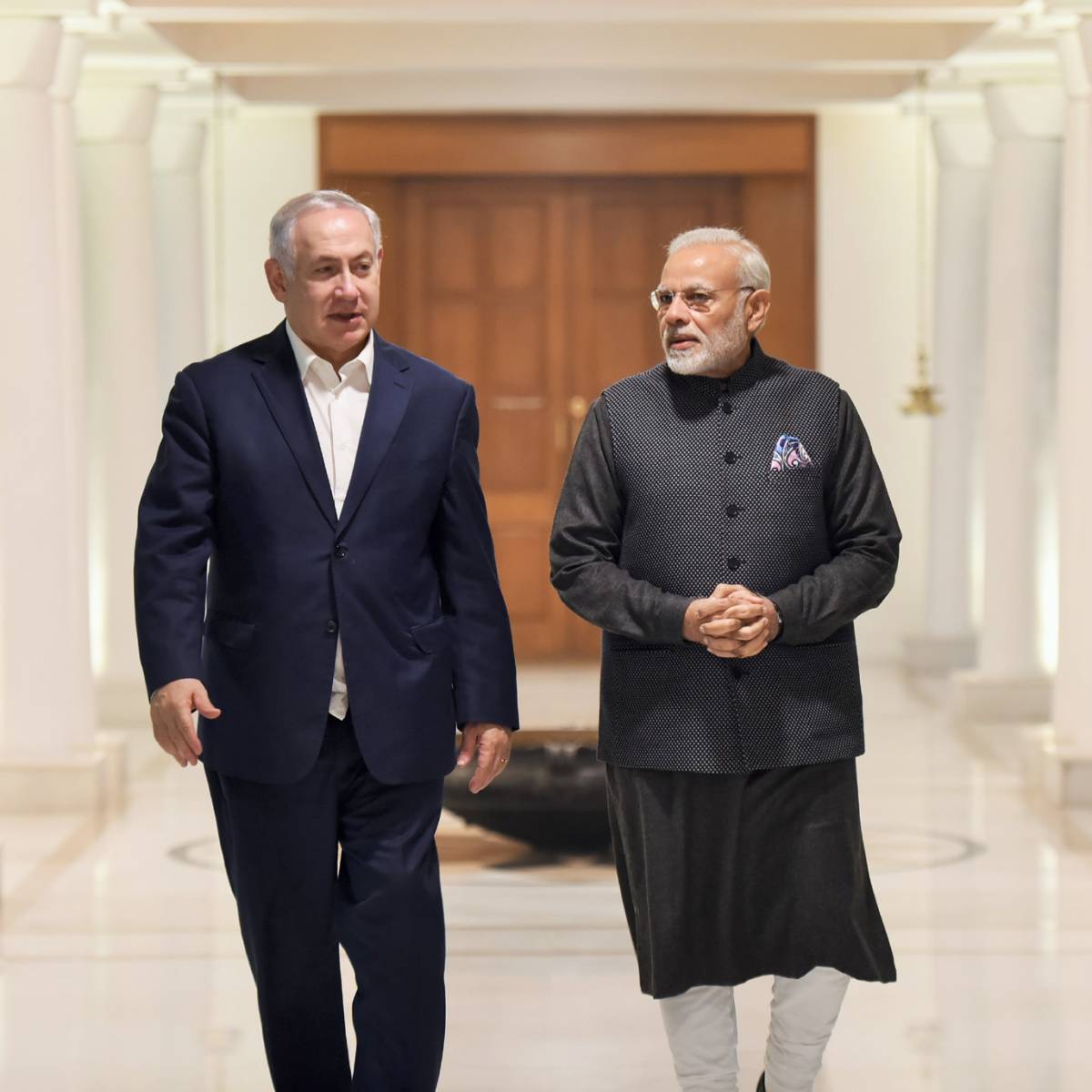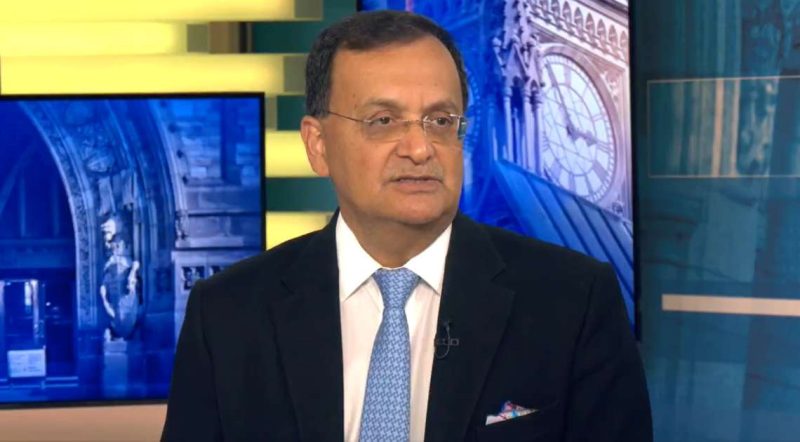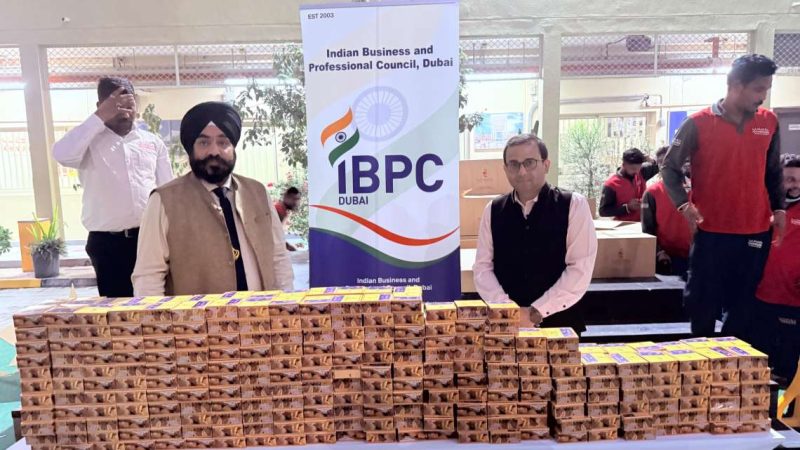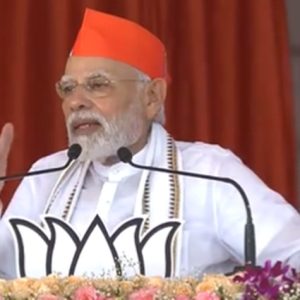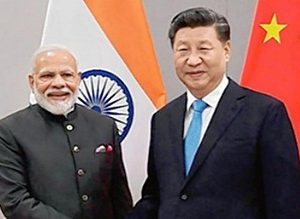He said domestic interests should not be lost sight of “when we take our international goals forward”…reports Asian Lite News
Supreme Court judge Justice Vikram Nath on Sunday cited Prime Minister Narendra Modi’s approach to think global but act local, as he emphasised that domestic interest should not be lost sight of while taking international goals forward.
Quoting the PM’s approach of “thinking globally but acting locally” Justice Nath said it also implies that though our vision should be for a global competition, but it should also be equally concerned with the interest and rights of all around us in our country. He said domestic interests should not be lost sight of “when we take our international goals forward”.
Justice Nath emphasised that fundamental duties under the Constitution have always preceded rights. He added that duty towards the social structure comes first, followed by assertion of personal rights and the chariot of life is propelled by two wheels of rights and duties, and duties have forever preceded the existence of rights.
“It would be a deeply flawed thinking if any person feels that his rights trump that of the collective. In proper balancing of both, duty towards the social structure comes first followed by assertion of personal rights with respect to our contemporaries,” he said on the theme “Fundamental Duties vis-a-vis Fundamental Rights” at the 2nd Justice H.R. Khanna National Symposium.
“A citizen of India has the right to life but the Indian Constitution also places a duty on him to respect other peoples’ lives and to avoid putting his own life at risk. The existence of duties allows for enjoyment of rights,” he said.
Justice Nath said fundamental rights were incorporated in the Constitution to ensure a sense of security and equality against the backdrop of a diverse population, and they have to be read along with fundamental duties, and cannot stand alone.
He cited the Bhagavad Gita and the Ramayana to assert the significance of duties and add the concept of duties has deep roots in Indian civilisation where the society is based on ‘dharma’. If rights and duties co-exist and strengthen one another, “we can attain the ultimate purpose that rights and duties serve – a welfare society and hence exercising one’s rights also entails respecting the rights of others”, he said.
ALSO READ-South Korea to invest in Himachal


